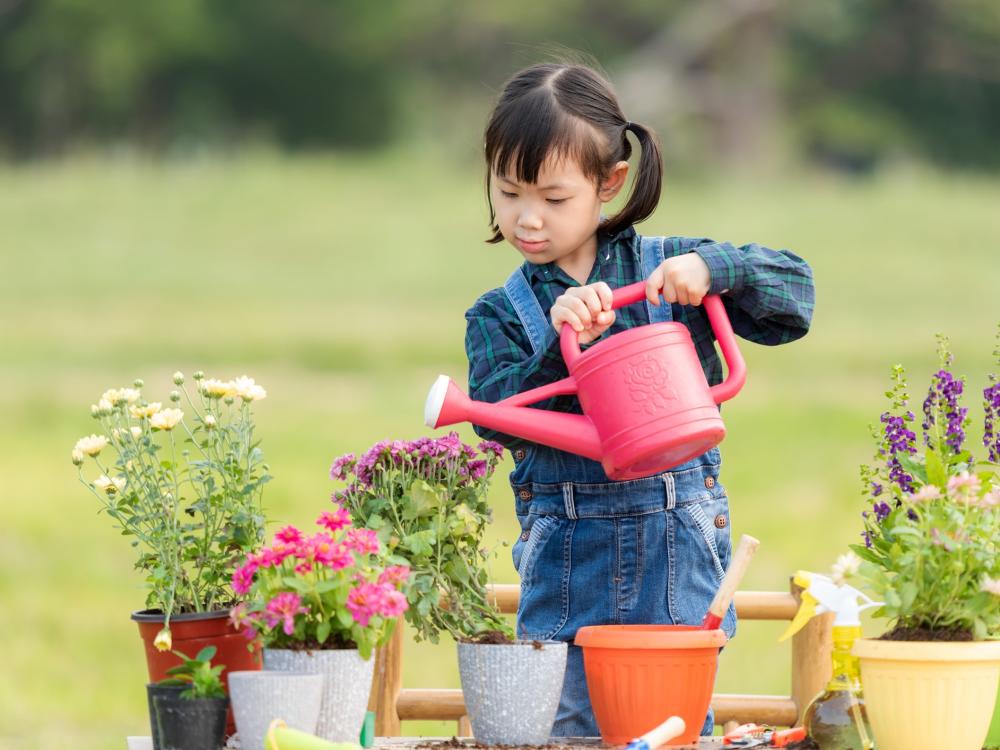
Summer is officially upon us, which means it’s time for tons of fun in the sun and a lot more time on your hands. What better way to spend that time than starting a DIY garden in the backyard?
At Aqua, we’re committed not just to providing water, but also celebrating the (sometimes literal) fruits of its labor. Planting an at-home garden this summer is not only good for the environment, but it also might even get the kids interested in eating their veggies.
In order to start you off on the right foot, we’ve laid out all of the best tips for planning your summer garden, watering it with care, and supporting Mother Earth at the same time. Grab your shovel—let’s dig in.
SELECTING YOUR SEEDS
Before you can enjoy your home-grown produce, consider which plants are best suited for your local environment and, of course, for your tastebuds.
While greens like lettuce and arugula thrive with 3–4 hours of sun exposure per day, broccoli and carrots require 4–6 hours, and summertime favorites like watermelon and tomatoes are happier with 6–8 hours of sunshine.
Keen on getting the kids involved? Impress the little ones with the ease of planting strawberries or the various shapes and sizes of potatoes. (Purple french fries, anyone?) Harvesting beets, digging holes, or even weeding can give children a sense of responsibility and pride at having contributed to a memorable summer.
WHEN AND WHAT TO WATER
Once you’ve picked which plants will work best in your garden, it’s time to lay down some ground rules. What’s most important is consistency. In order to ensure healthy, developing plants, it’s best to establish a routine in the frequency with which you water them and the amount of water you use.
For warm-weather plants, plan to do your watering in the early morning so the plants can soak up the water ahead of the afternoon heat. Overwatering can lead to fungus and other plant-related diseases, so an ideal watering will penetrate the soil but not leave it soggy. Don’t forget that the root systems of newer plants are not fully developed and will therefore need to be watered more frequently.
USING YOUR GREEN THUMB
If organic produce and family fun isn’t enough to convince you to start digging, consider your impact on the environment. While it may seem like a small contribution, community gardens compose more than 25 percent of the trees in non-forest environments. Plus, growing your food at home means less air pollution from grocery delivery trucks.
Think back to elementary school science: Every plant undergoes photosynthesis, which actively converts carbon dioxide to valuable oxygen molecules. That means that more plants result in more oxygen and less carbon dioxide. Sounds like a win-win to us!
Don’t forget about the small critters that keep our ecosystems alive. Without gardens—even small, DIY ones—we run the risk of endangering essential insects and wildlife. Gardening plays a small but vital role in preserving our planet and the species that we know and love.
Planning an at-home garden this summer? Let us know how it goes on Facebook or Twitter—we want to hear all about your gardening adventures.
